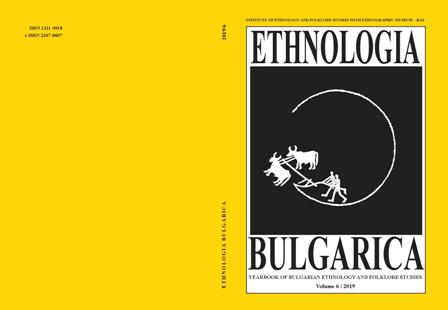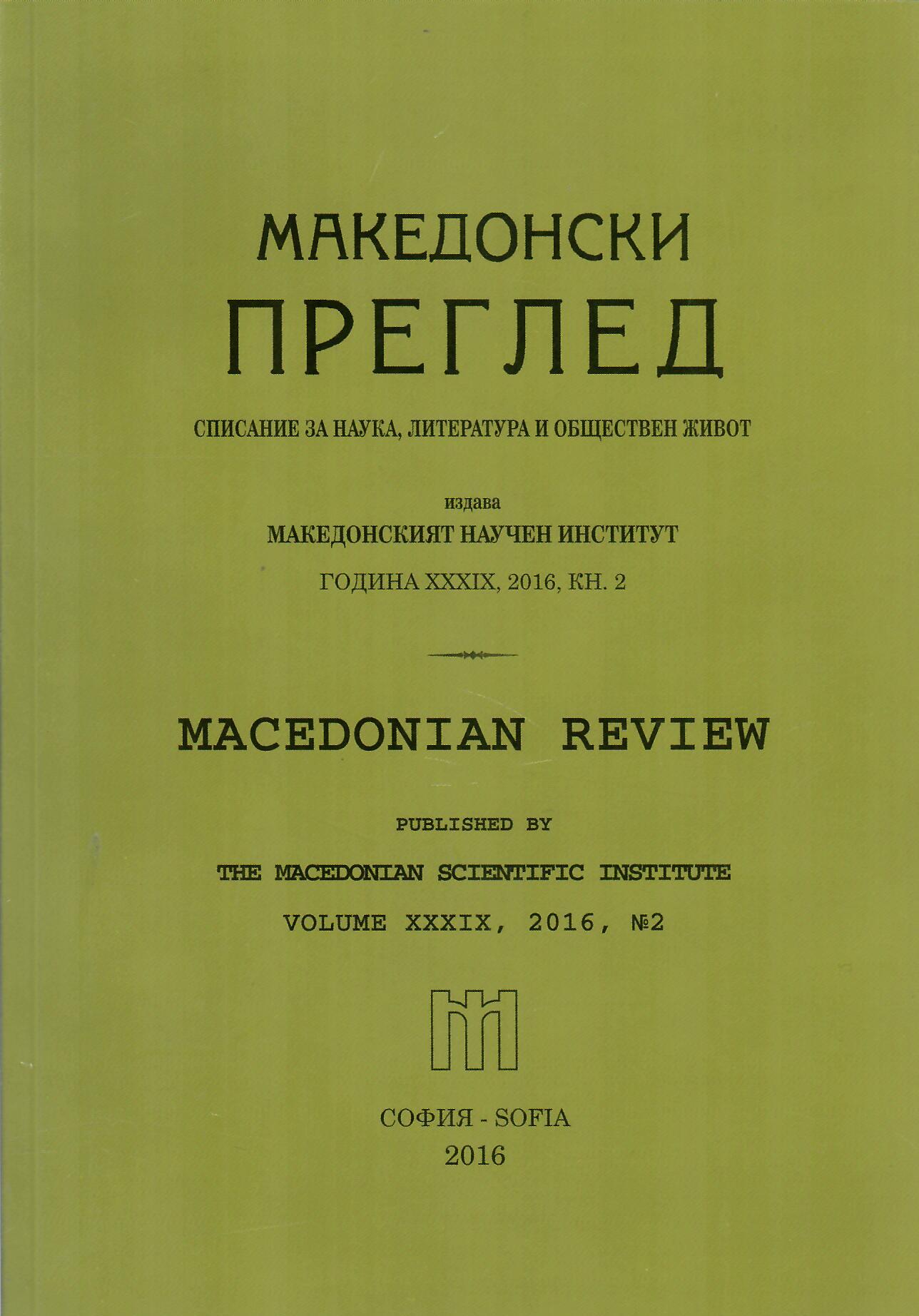
We kindly inform you that, as long as the subject affiliation of our 300.000+ articles is in progress, you might get unsufficient or no results on your third level or second level search. In this case, please broaden your search criteria.

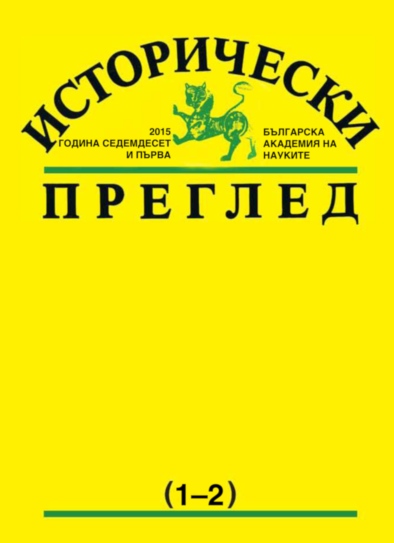
The outbreak of World War II thwarted the aspirations of Reza Shah to modernization and independent development of Iran. Officially neutral Iran failed to conceal the German influence and the occurrence of certain sympathy for the ideology of Nazism among the ruling circles in Tehran. Soon after Hitler attacked the Soviet Union in the summer of 1941, Britain and the Soviet Union agreed to occupy Iran to cut off any supply of German troops from south. Their strategic positions in Baku and Khuzestan were seriously threatened by several thousand resident Nazi agents in the country. On August 25 in a joint operation, the Soviet and British troops invaded Iran and in a few hours took control over the major cities. The Iranian distrust to the intentions of the occupiers compelled London and Moscow to allow the government to seek US support. Washington was initially confused and frightened by the Iranian call for help. For the Roosevelt administration, the victory over Nazi Germany was vital for the security of the US and Western Europe, but such intervention, alongside Britain and the Soviet Union, required a clear political vision and a well-trained staff to develop it. Involved in the complex relationship between Iran and its occupiers, the State Department did not intend to affect the British and Soviet interest in the country. But later circumstances made it impossible to maintain neutral position for long. At the beginning of 1942 Britain, the Soviet Union and Iran began negotiations for troop withdrawal within 6 months after the end of the war and on January 29 they signed a tripartite agreement. But the nascent rivalry between the allies put aside the initial reason for the occupation and they started planning the post-war situation in Iran, which remained the last oil bastion in the Gulf. The occupation of Iran by the Allied forces fueled the competition for the acquisition of oil concessions. With the closing of the Tehran conference it became clear to the three Great Powers that Iran would become a point of intersection of imperial interests. On the one hand, Britain sought to continue the exploitation of Iranian oil and to ensure security of the Indian borders to the south. On the other hand, the Soviet Union sought to obtain a share from the oil production and Iran’s refusal of the proposed economic cooperation forced Stalin to intervene in its internal affairs by supporting the communists from the “Tudeh” party. Meanwhile the period for withdrawal of the troops from Iran was extended in favor of the Great Powers along with the deepening of the contradictions between them. The Iranian crisis revealed the genuine plans of the Great Powers for the postwar situation. The outcome crystallized the competition in the New World Order and marked the beginning of the Cold War – a confrontation of ideologies, a battle for resources and a technological rush.
More...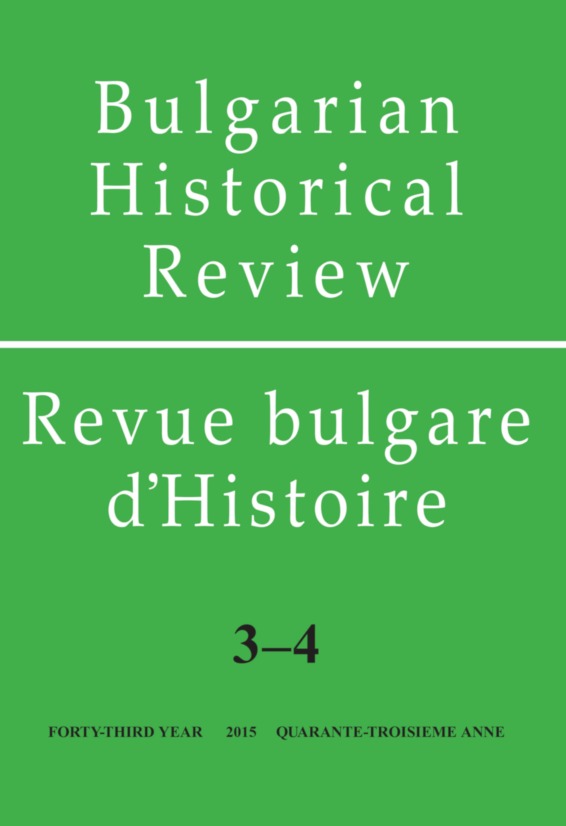
China’s “One Belt, One Road” initiative is designed as a development strategy and framework that focuses on connectivity and collaboration and clearly reads as an ambitious vision for transforming the political and economic landscapes of Eurasia over the coming decades via a network of trade and infrastructure partnerships. The “Belt and Road” run through the continents of Asia, Europe, and Africa, connecting the vibrant East Asia economic circle at one end and developed European economic circle at the other, and encompassing countries with huge potential for economic development. The formation of the 16+1 framework is one of the most. The ‘16+1’ framework as one of the important achievements of China’s diplomacy, refers to different mechanisms and arrangements between China and 16 Central and Eastern European countries. This cooperation framework has been widely accepted in Central and Eastern European countries and has moved on a fast track. The inclusion of the ‘16+1’ cooperation framework into the concept of the New Silk Road (“One Belt, One Road”) is the most important and promising element for the CEEC. The region is predestined to be the Road’s ‘hub’ and can be used during its construction, all the more so because the individual states and cities of the region have been aware of the opportunities connected to it. From the potential and future development of the “One Belt, One Road” initiative the platform “16+1” Bulgaria also expects to deepen cooperation in tourism, agriculture and food, energy sector, science, education and culture. Bulgaria is considered also a leader in the field of information technologies in Southeastern Europe and in the production of components for the automotive industry so it’s another opportunity for future Chinese investment in these emerging sectors in Bulgaria. Bulgaria declares strong commitment to support Chinese companies wishing to invest in Bulgaria in sectors in which Bulgaria has traditional advantages and those that provide high added value and increased competitiveness of the economy – engineering, automotive, electronics, information and communication technologies, chemical and pharmaceutical industry, agriculture and food industry, the creation of industrial zones and hi-tech parks. Bulgaria always emphasizes its desire to attract Chinese companies to invest in Bulgarian industrial zones, which can be obtained support from “National Company Industrial Zones”.
More...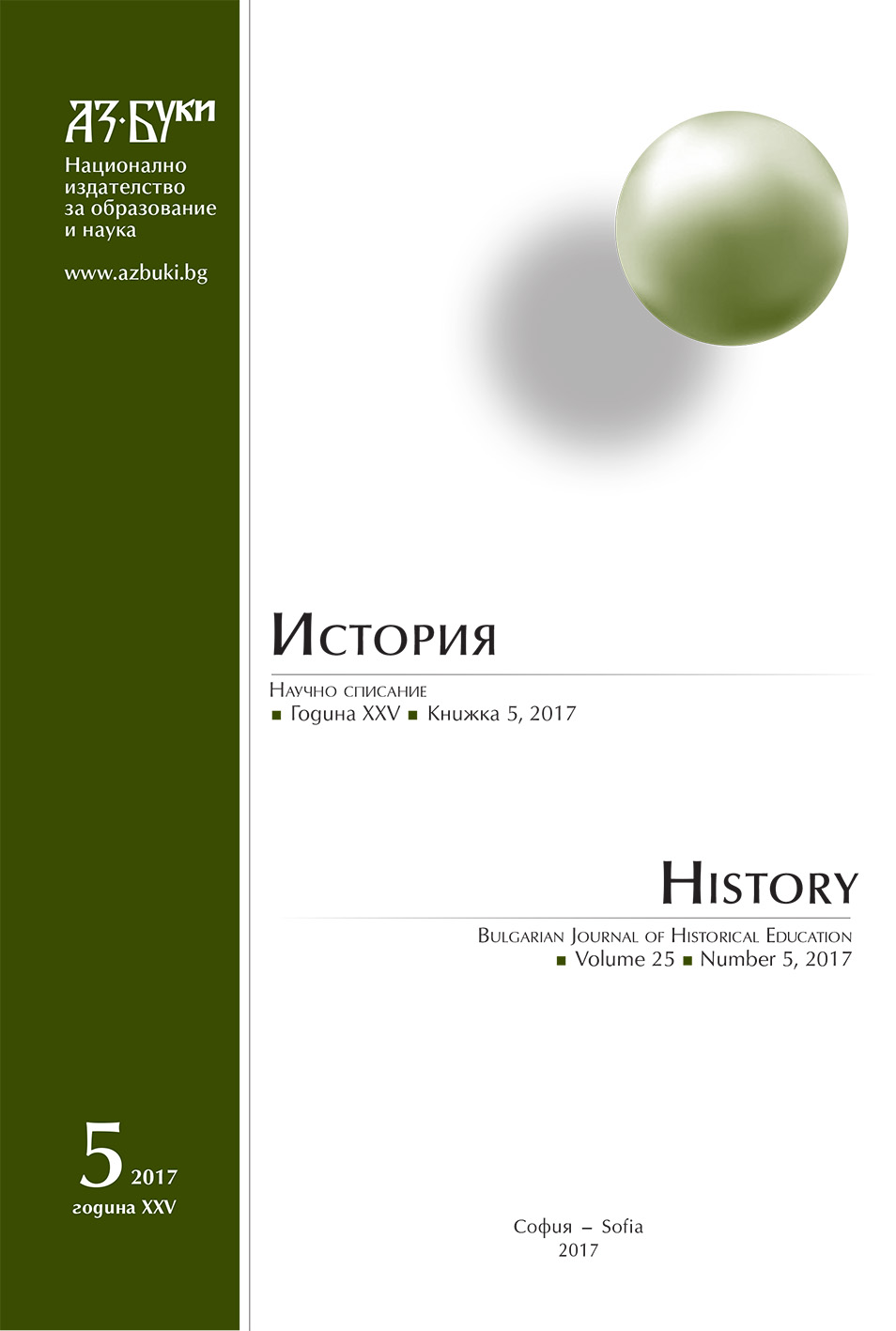
The Warsaw Uprising broke out in August 1, 1944, at the height of the final phase of the Second World War. It is the beginning of an extremely intense diplomatic game. The differences in the vision that the Allies have about the political outlook of the Old Continent after dealing with the common enemy come to the fore.
More...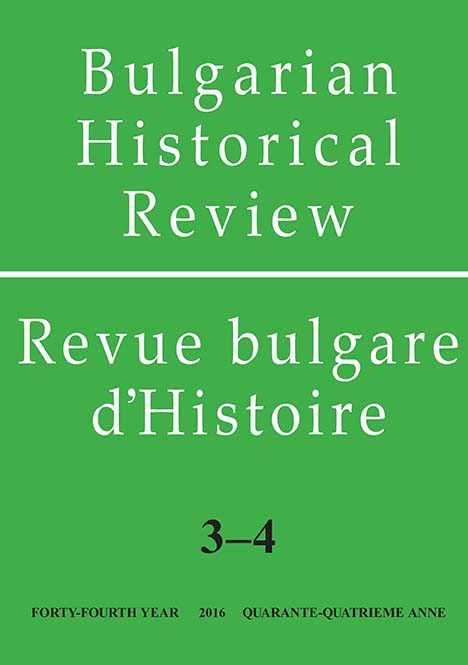
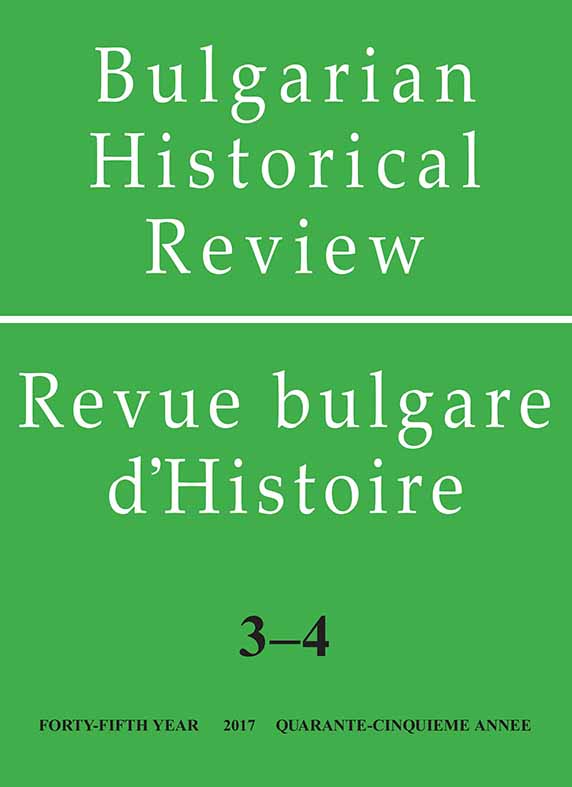
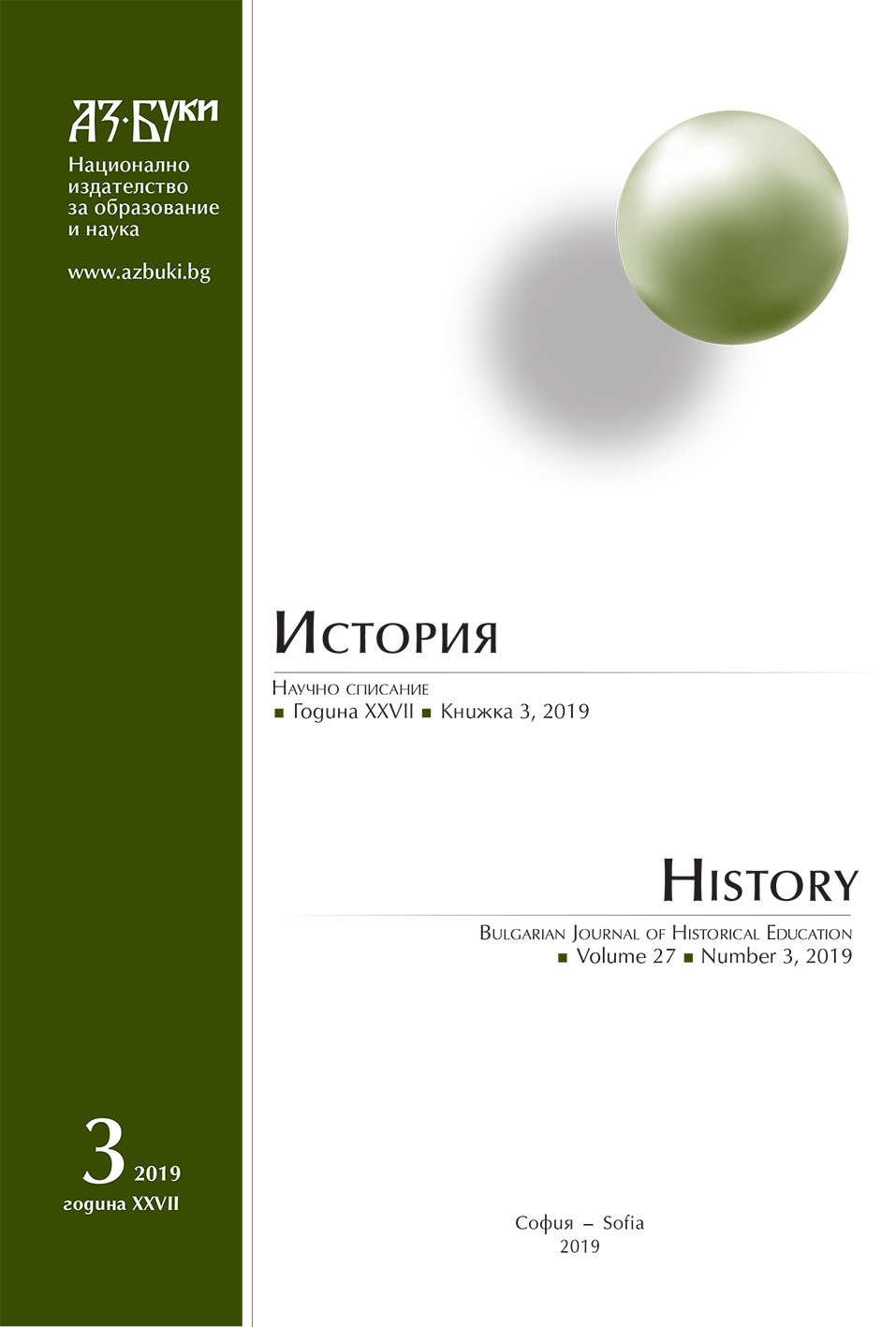
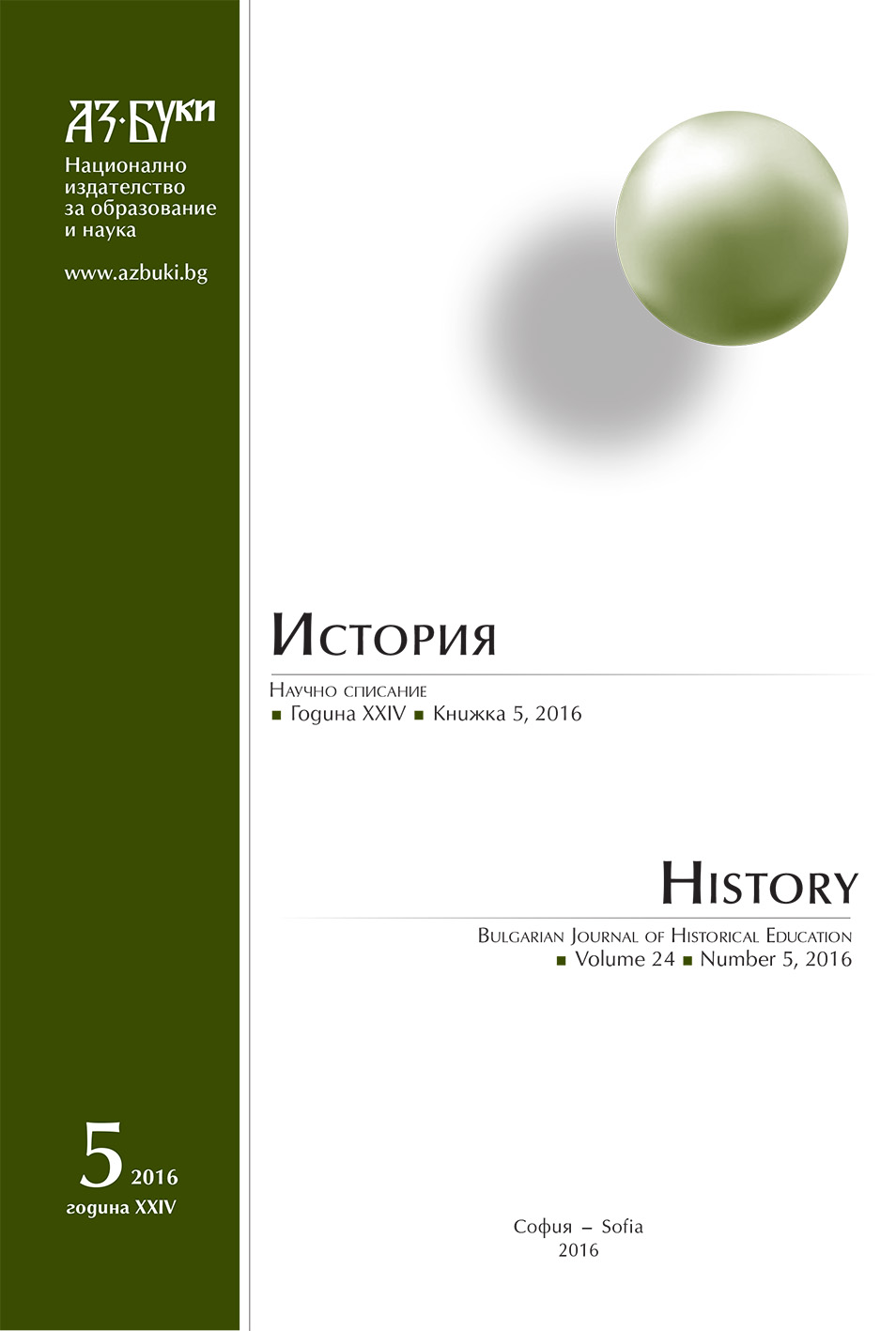

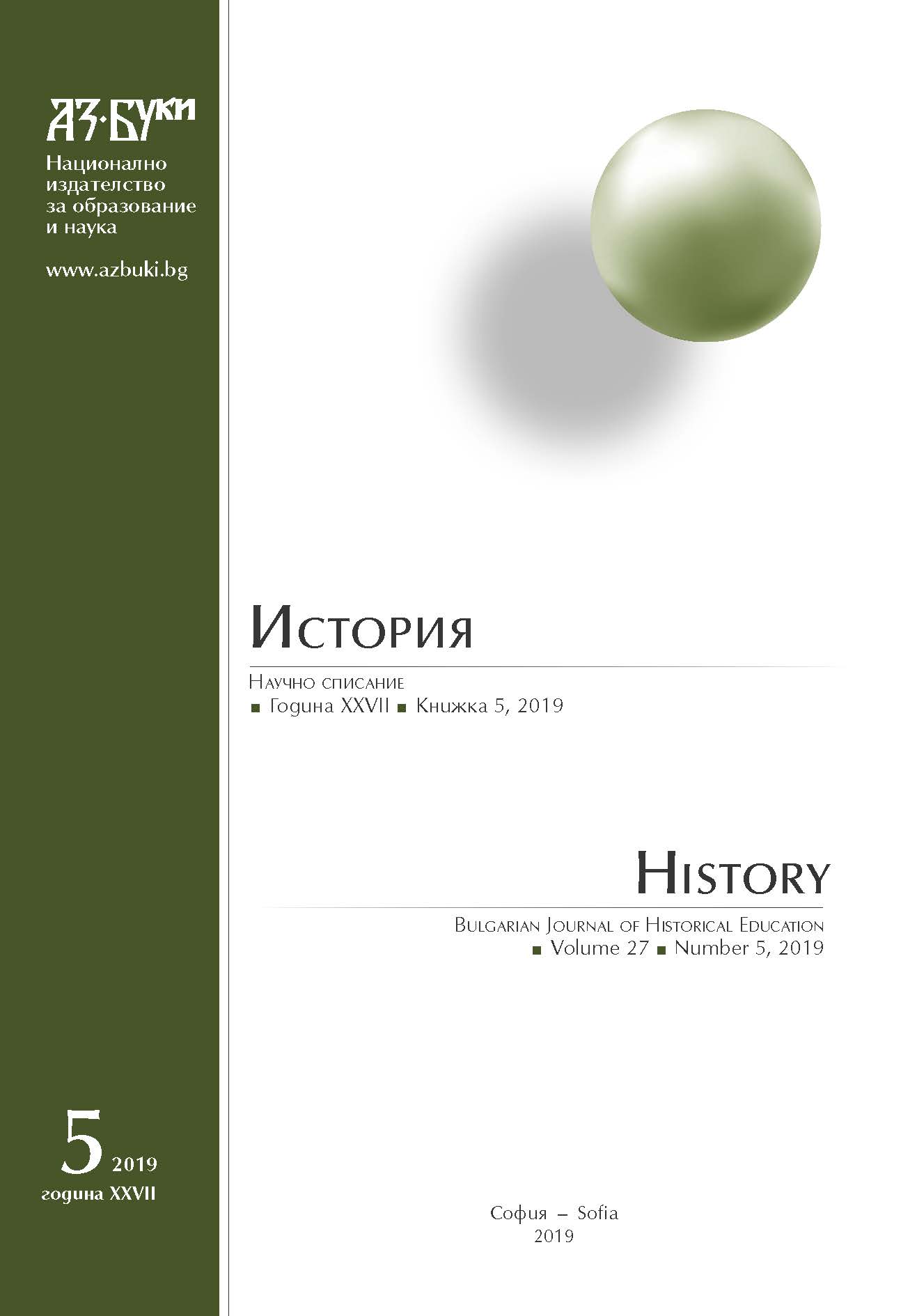
Nowadays in Istanbul, Turkey, there is a Bulgarian colony, which was created after the Second Balkan War and the First World War. It was not related to the Bulgarians in Constantinople from the times of the Bulgarian National Revival, but through the Foundation of Bulgarian Orthodox Churches in Istanbul as established, it was their legal successor. The Foundation was also the formal owner of that part of the Bulgarian exarchal properties in Turkey which the Turkish State returned. Lifting the schism was an act of international and internal political importance. This act put an end to the use of the Exarchy as a mean to unite all the Bulgarians within the borders of a new Bulgaria according to the Treaty of San Stefano. In essence, this was a retreat from the national ideal. The conditions for lifting the schism, the closing of the Exarchal Vicegerency and the unresolved status of the Bulgarian Church Community deprived the Bulgarians in the Republic of Turkey of Bulgarian representation on church affairs and predetermined their remaining within the diocese of the Ecumenical Patriarchate. This issue has consequences even nowadays.
More...
The views of Todor Bourmov for the government of Bulgaria are reflected in a document stored in Russian archives. At the first its publication,the document was defined as a response of one of the Bulgarian notables – Todor Bourmov – to the questions of the Russian civil administration in Bulgaria from1878, and in the second – as rules for the election of a Bulgarian prince. According contained in this article concept, in both cases there are errors and inaccuracies, but in principle, the document itself contains a number of provisions found a place in the initial draft of the Organic Statute of the Bulgarian principality.
More...

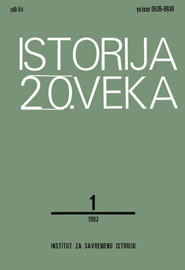
Reviews of: 1. TITO - CHURCHILL, strogo tajno. Izabrao i uredio dr Dušan Biber. Izd.: Arhiv Jugoslavije, Beograd - Globus, Zagreb, 1981, str. XLV+589, Review by: Nikola B. Popović; 2. Vjenceslav Cenčić, ENIGMA KOPINIČ, knjiga I i II, IRO Rad, Beograd 1983, 350 + 291., Review by: Božidar Jakšić; 3. Dr Slobodan D. Milošević, IZBEGLICE I PRESELJENICI NA TERITORIJI OKUPIRANE JUGOSLAVIJE 1941 - 1945, Beograd 1981, Institut za savremenu istoriju - IRO Narodna knjiga, str. 396., Review by: Dušan Lukač; 4. Jean-Baptiste Duroselle, TOUT EMPIRE PERIRA , (Svaka imperija će propasti), Publications de la Sorbonne, Paris 1981., Review by: Vladislav Marjanović; 5. STVARANJE JUGOSLOVENSKE DRŽAVE 1918. Zbornik radova podnetih na naučom skupu u Iloku od 16. do 19. maja 1979. Institut za savremenu istoriju, IRO »Narodna knjiga«, Beograd, 1983. 529, Review by: Ubavka Ostojić-Fejić; 6. L ’IMPERIALISMO ITALIANO E LA JUGOSLAVIA, ATTI DEL CONVEGNO ITALO-JUGOSLAVO, Ancona 14 -16. ottobre 1977, Urbino 1981, 622. (Italijanski imperijalizam i Jugoslavija. Saopštenja sa italijansko-jugoslovenskog sastanka u Ankoni 14. - 16. oktobra 1977., Urbino 1981, 622.), Review by: Enes Milak; 7. SVEDOČANSTVA О REVOLUCIONARNOJ SINDIKALNOJ BORBI VOJVOĐANSKOG RADNIŠTVA U GODINAMA PRED DRUGI SVETSKI RAT, Review by: Aleksandar R. Kasaš; 8. ZBORNIK HISTORIJSKOG INSTITUTA SLAVONIJE I BARANJE, Slavonski Brod, 1982, 19/1, 377, Review by: Ivan Kovačević
More...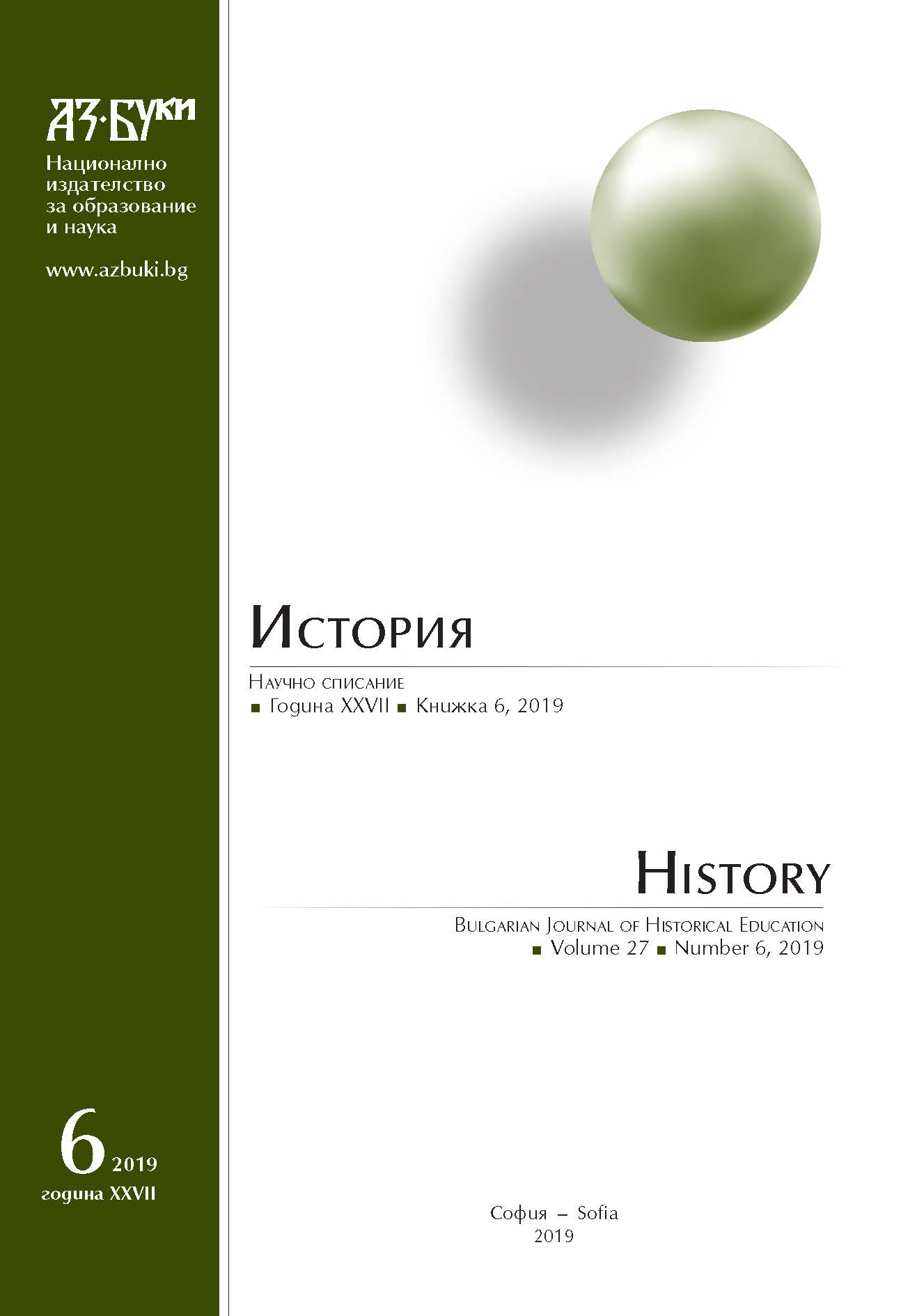
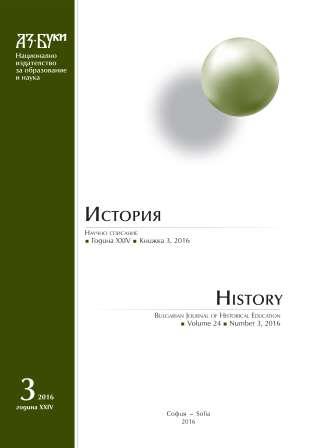

An Overview of the History of the Ottoman Empire from the End of the 16th and the First Half of the 17th Century
More...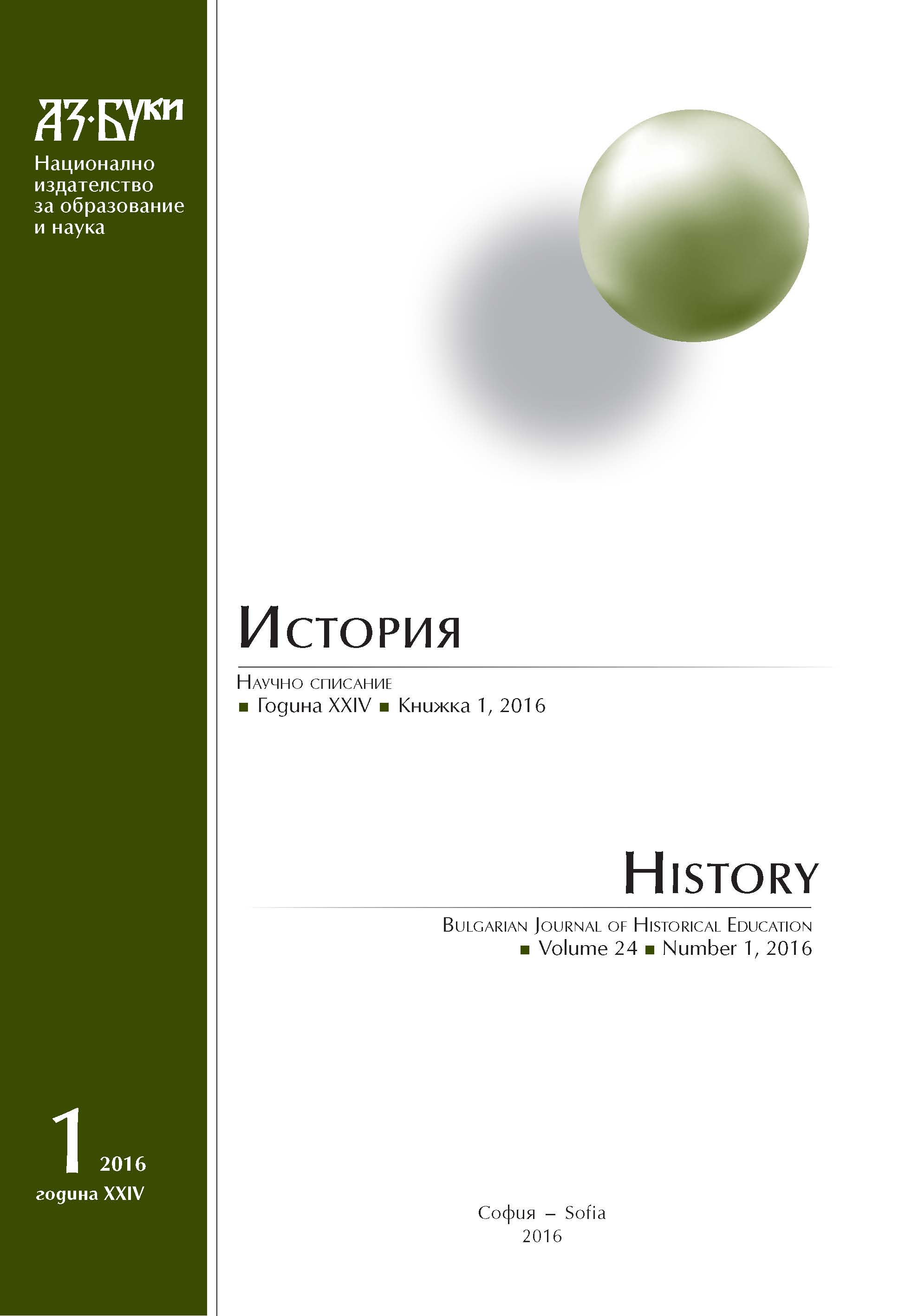
This study aims to trace in detail the development of demographic and religious processes in the settlements along the river Vacha during the last quarter of the 15th century – 16th century using data from Ottoman registers.
More...
For many centuries, the Volga Bulgarians maintained close economic, cultural and religious ties with Muslim countries and especially with the peoples of Central Asia. Traditionally, relations between them were good and clashes were rare. But after the Battle of the Kalka River (1223), Mongolians turned against Volga Bulgaria. The first attack was repulsed, but after a long fight, Volga Bulgaria was conquered in 1236 by the Mongols and ceased to exist as an independent state.
More...